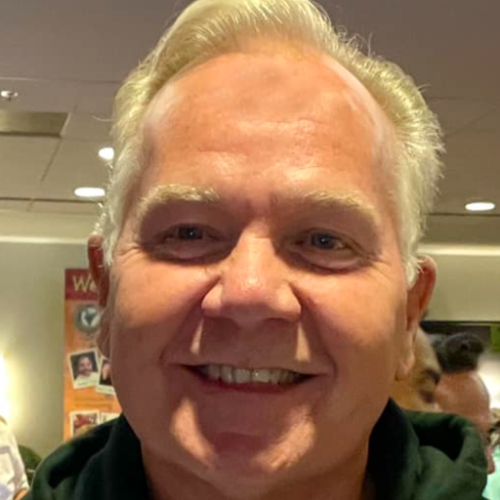-
The Other 4 P's- Power, Pleasure, Pride And Profit Series
Contributed by Michael Mccartney on Nov 28, 2017 (message contributor)
Summary: The other 4 P’s - Power, Pleasure, Pride and Profit lead to toxic faith.
The 4 P’s to the presence and the power of God-part 2!
Thesis: The 4 P’s to the presence and power of God are to be balanced against the cross. When we keep them in proper balance they produce a Spiritually Balanced Life. This spiritually balanced life then creates wholeness within the life of the individual. Wholeness means they feel complete, content and confident in their relationship to the Lord and their earthly existence.
Texts:
Titus 1:8
8Rather he must be hospitable, one who loves what is good, who is self-controlled, upright, holy and disciplined.
Proverbs 1:1-8
1The proverbs of Solomon son of David, king of Israel:
2 for attaining wisdom and discipline;
for understanding words of insight;
3 for acquiring a disciplined and prudent life,
doing what is right and just and fair;
4 for giving prudence to the simple,
knowledge and discretion to the young—
5 let the wise listen and add to their learning,
and let the discerning get guidance—
6 for understanding proverbs and parables,
the sayings and riddles of the wise.
7 The fear of the LORD is the beginning of knowledge,
but fools£ despise wisdom and discipline.
8 Listen, my son, to your father’s instruction
and do not forsake your mother’s teaching.
Introduction:
Collins notes, “True spirituality penetrates every part of life-our careers, relationships, lifestyles, sexuality, emotions, thinking, hopes, and plans for the future. The spiritual is not an isolated segment of life that can be pushed to one day or one hour of the week and otherwise ignored or accessed whenever we need a spiritual fix. Spirituality is not something we possess, like a book or techniques or a set of rules that we can apply to ourselves to make us spiritual” (90).
Some have defined spirituality as “the human response to a mysterious, transcendent Other who for unknown reasons cares enough about us to initiate a relationship with us.” Others say spirituality, “is the way in which people seek, make, celebrate, and apply meaning to their lives.” Mulholand stated,” The spiritual journey is an ongoing experience of being shaped by God toward wholeness. He notes, “It is a move against the grain of our do-it-yourself culture and our powerful need to be in control of our existence (91).” I like this definition of spirituality.
I know spirituality is about having a personal intimate relationship with God. Most of you would agree with this. To be spiritually whole in this life we must practice the presence of God in our daily lives. Practice makes perfect. To practice doing something over and over makes you more proficient in it. Musicians practice to become better at playing their musical instruments. Athletes practice to become better athletes and the same principle applies to Biblical spirituality. Practicing spiritual exercises over and over makes one more spiritual (more God conscious!).
T.S.- Lets learn how to become more God conscience so we can each personally experience the presence and the power of God.
I. The 4 P’s to a spiritually whole life are essential for every one of us but guard yourself from the other 4 P’s that lead to death..
a. I have a desire to be healthy but I know that if I don’t discipline myself then I risk being unhealthy. The same principle applies spiritually.
i. In our smorgasbord of spiritual choices we must not gorge ourselves on food that is not healthy for us. Unhealthy food will cause spiritual health problems.
ii. Gary Collins notes the research of Stephen Arterburn and Jack Felton who carefully studied today’s church and coined a term for many today called “Toxic Faith”.
1. Collins states, “Some people show this in their compulsive church activity, rushing from one meeting to another, serving on committees, feverishly working around the church, determined to please God by doing his work while their families suffer and their bodies wear out. Others build fantasies about God, creating in their minds a deity who is at our beck and call, eager to bring fixes and easy solutions. Very different are the people burdened with guilt, self-condemning and convinced of their inadequacies because they cannot meet the expectations of their demanding pastors or tyrant God. In too many churches, people are taught to squelch their feelings and believe that anger, sadness, loneliness, and depression show a lack of faith and need to be hidden behind a mask of happiness and never-ending joy. Others are confused and angry, wondering why a loving God would allow sickness, sorrow, or injustice to come into their lives when they expected ongoing spiritual ecstasy and freedom from pain and pressure” (126,127).
2. I add, “Toxic Faith occurs when the Christian becomes self-centered and seeks to create God into their own image.” This deceived spiritual formula for God does not use the whole Bible as it’s guide.

 Sermon Central
Sermon Central



